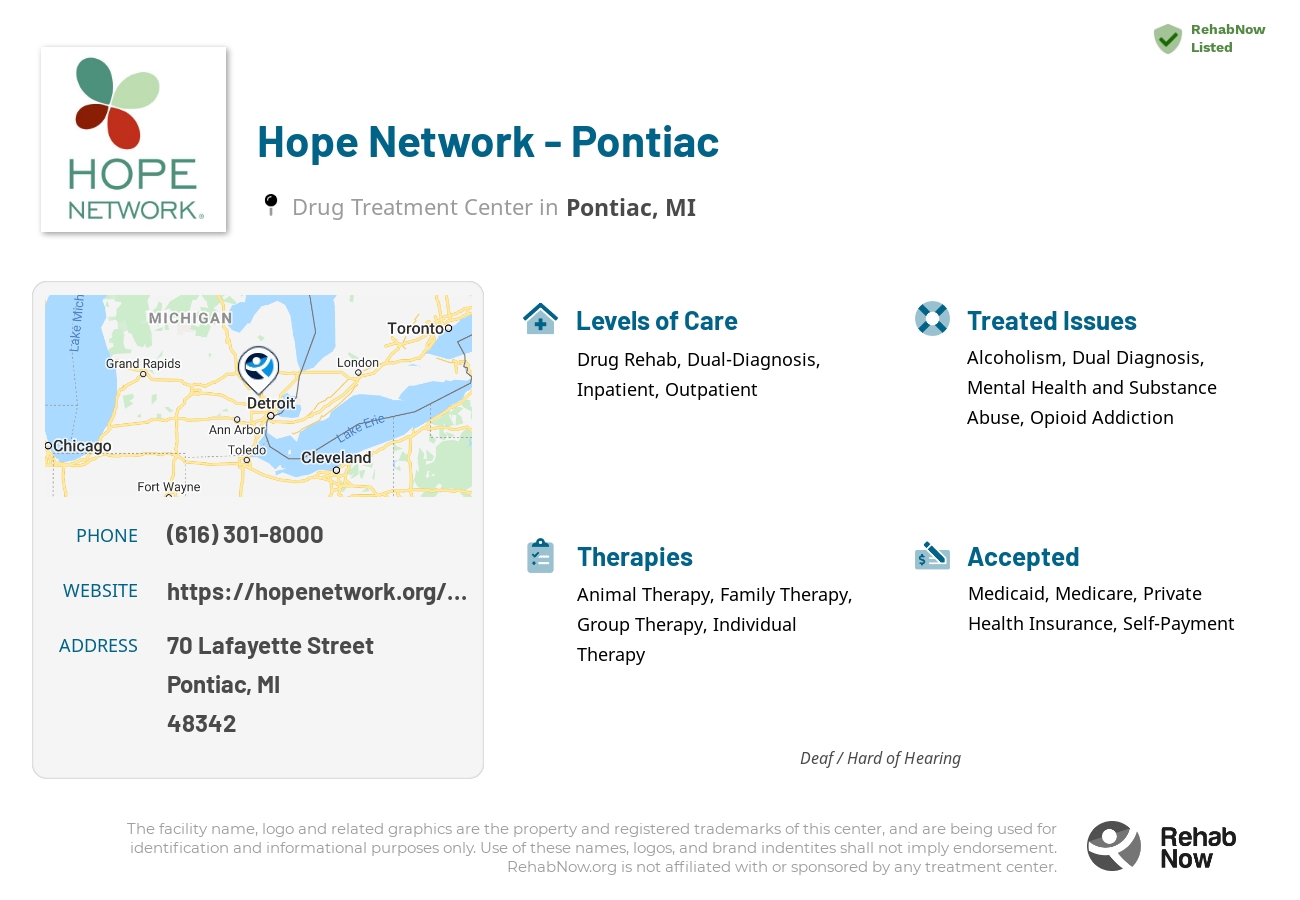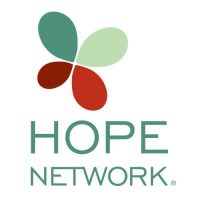
Hope Network - Pontiac
Drug Rehab Center in Pontiac, Michigan
- Opioid Addiction
- Dual Diagnosis
- Drug Addiction
- Alcoholism
Hope Network - Pontiac is a nonprofit organization offering comprehensive care and services for mental health and substance use disorders, including inpatient and outpatient treatment, detox, family counseling, and aftercare services, all provided by experienced and compassionate staff.
About
Hope Network - Pontiac is a nonprofit organization providing specialized, expert care and treatments for individuals suffering from mental health and substance use disorders. Located in Pontiac, Michigan, they focus on providing high quality support to those who are in need. Hope Network - Pontiac offers a full range of care and services, including inpatient and outpatient treatment, detox, family counseling, and access to aftercare services. Their dedicated and experienced staff are committed to providing compassionate and individualized care for each of their patients.
Hope Network - Pontiac provides services for addiction and substance abuse including individual and group counseling, detoxification services, medication management, trauma-informed care, and social skill building. In addition to their comprehensive treatment program, they offer comprehensive assessment, treatment planning, and ancillary services such as intensive case management and appointment coordination. They also provide medical and therapeutic services to ensure all their patients receive the best possible care.
Hope Network - Pontiac is accredited by the Joint Commission, a nationally recognized organization that accredits and certifies mental health and substance abuse organizations. They are also a member of the Michigan Department of Health Behavioral Health System and are licensed by the Michigan Department of Licensing and Regulatory Affairs. They have also been given awards for their commitment to providing quality care and have been recognized as a leader in the field of mental health and substance abuse treatment.
Genders
Ages
Modality
Additional
Conditions and Issues Treated
Within the past decade, opioid addiction has become a nationwide epidemic. The United States hosts one of the world’s highest rates of opioid use or abuse and has one of the highest rates of opioid-related deaths. In the United States, opioid drugs are classified as Schedule II-IV controlled substances due to their highly addictive properties and potential for abuse. These include morphine, opium, heroin, oxycodone, hydrocodone, methadone, and fentanyl. Physicians usually prescribe opioids to help control pain.
Over time, opioid users develop a tolerance for the drugs, which makes it difficult, if not impossible, to function without them. In turn, opioid users often resort to illicit means of obtaining the drugs. These means can include drug dealers, friends, and family members who do not have legitimate prescriptions for the drugs. Opioid addiction can quickly lead to heroin use, especially those seeking more intense highs than prescription opioids offer. Due to the high risk of overdose, heroin users are at a much higher risk for illness and death.
A person who struggles with addiction and a mental health condition suffers from a dual diagnosis. This means that they have two issues that must be treated. The specific mental health issues that the patient at Hope Network - Pontiac might have include but are not limited to:
- Depression
- Bipolar Disorder
- Anxiety
- PTSD (Post Traumatic Stress Disorder)
The specific addiction issues that the patient might have include but are not limited to:
- Alcoholism
- Drug Addiction (i.e., Cocaine, Meth, and other stimulants, Marijuana, and Ecstasy)
The combination of the two illnesses can be tough to treat. Taking care of one or the other is tough, and taking care of both cannot be done alone. A patient who receives dual diagnosis treatment will be given the best chance at becoming sober.
Levels of Care Offered
This center offers a variety of custom treatment tailored to individual recovery. Currently available are Drug Rehab, Dual-Diagnosis, Inpatient, Outpatient, with additional therapies available as listed below.
Inpatient treatment centers offer a safe, secure, and often medically supervised environment for drug or alcohol-addicted individuals. Many of these facilities are equipped to provide detoxification, treatment for co-occurring mental health disorders, and aftercare programs.
The patient typically spends 28 to 30 days at the facility and will receive extensive drug counseling. They will also learn how to live without drugs and how to make the right decisions in life.
An outpatient treatment program is set up to help with alcohol or drug addiction or a co-occurring disorder. The treatment must attend the treatment facility for their therapy and other programs but return home each night. The frequency of mandatory attendance decreases after much of the treatment program is complete. The treatment programs are monitored by the treatment facility and case managers who work for a judge or judge’s office. A treatment program may be performed out of a treatment facility, treatment clinic, or treatment center.
The benefits of outpatient treatment programs are many. One of the most beneficial treatment programs is that it allows treatment for clients who cannot afford or may not be able to attend treatment at a treatment facility, treatment center, or treatment clinic full-time. Another benefit of treatment programs is that they reduce crime rates because treatment allows people to treat their addiction.
Therapies & Programs
Individualized Treatment is essential because it gives addicts the ability to participate in a program that meets their unique needs. An addict should work with professionals who understand what they’re going through, especially if the addict is actively using. Finding the right treatment program for an addict is difficult, but it’s even harder without communicating with those who have experience treating your specific situation.
The therapies typically involve all family members, potentially including siblings, children, and parents who play a role in their daily lives. These sessions can be essential because they address past issues that may have affected an addict or alcoholic’s recovery process. They provide support during this time when it is needed most!
A family therapy session, often called a family meeting or intervention, is a necessary process that helps loved ones of addicts see their situation in a new light. It’s also one of the most challenging things families will ever have to do when they’re facing a loved one battling addiction or alcoholism.
Group therapy sessions provide recovering addicts with a chance to cope with everyday situations that many face. Group therapy sessions are held in rehab facilities, clinics, churches or community centers that offer drug addiction treatment.
People who attend these groups are encouraged to voice their feelings and support other addicts in recovery. This helps group members strengthen their own recovery program while cheering on others who are struggling with sobriety.
Payment Options Accepted
For specific insurance or payment methods please contact us.
Is your insurance accepted?
Ask an expert, call (888) 674-0062
Hope Network Associated Centers
Discover treatment facilities under the same provider.
- Hope Network Center for Recovery in Grand Rapids, MI
- Therapy and Counseling Services Macomb County in Mt. Clemens, MI
- Hope Network Petoskey in Petoskey, MI
- Therapy and Counseling Services Genesee County in Flint, MI
- West Brook Recovery Center in Grand Rapids, MI
Learn More About Hope Network Centers
Additional Details
Specifics, location, and helpful extra information.
Pontiac, Michigan 48342 Phone Number(616) 301-8000 Meta DetailsUpdated November 25, 2023
Staff Verified
Patient Reviews
There are no reviews yet. Be the first one to write one.
Pontiac, Michigan Addiction Information
Michigan has the second-highest rate of drug and alcohol abuse in the nation. Heroin is linked to more than 50% of the state's hepatitis C cases. Marijuana is the drug most often associated with crimes in Michigan, followed by methamphetamines. Opioids alone are responsible for almost 20% of all drug overdose deaths in Michigan.
Pontiac, Michigan is facing a drug addiction problem that is quickly worsening. In 2017, there were a total of 1,023 drug-related hospitalizations in the city. Over 60% of inmates in local jails are addicted to drugs or alcohol. There are a number of different forms of therapy accessible in Pontiac, MI. Inpatient treatment, outpatient treatment, and 12-step programs are some of the most popular kinds of treatment.
Treatment in Nearby Cities
- Manistique, MI (271.9 mi.)
- Redford, MI (17.1 mi.)
- Cheboygan, MI (216.0 mi.)
- Menominee, MI (274.6 mi.)
- Reed City, MI (140.4 mi.)
Centers near Hope Network - Pontiac
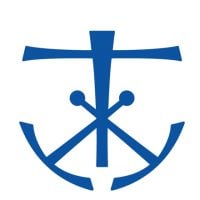
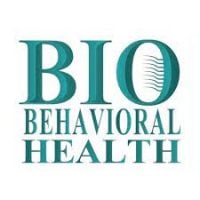
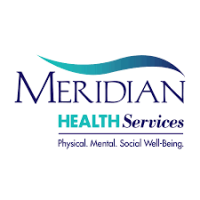
The facility name, logo and brand are the property and registered trademarks of Hope Network - Pontiac, and are being used for identification and informational purposes only. Use of these names, logos and brands shall not imply endorsement. RehabNow.org is not affiliated with or sponsored by Hope Network - Pontiac.

